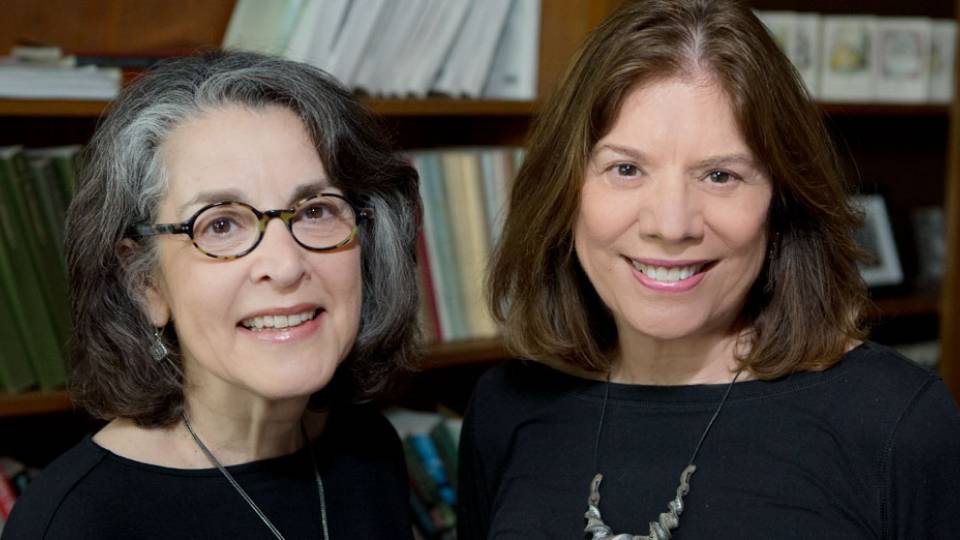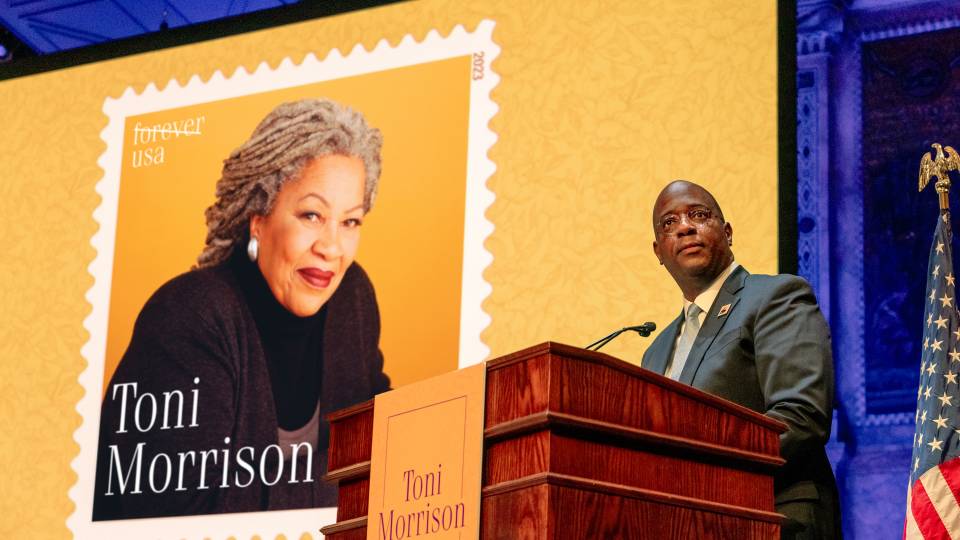Claudia Tate, a professor of English and African-American studies at Princeton University who was known for her innovative contributions to African-American literary criticism, died Monday after a long battle with lung cancer. She was 55.
"She was an extraordinarily important figure in the history of pushing African-American (literary) criticism to a new and more sophisticated stage," said Hazel Carby, professor of African-American studies and American studies at Yale University.
"One of the major innovations of her work was making all of us look completely differently at African-American literature, from the point of view of understanding and appreciating the psychoanalytic perspective that she brought to it," Carby said. "It was not an easy interpretation or an easy path for her to take, because much of African-American literary criticism had been very resistant to thinking about psychological complexity. Claudia was not only brave but very determined to educate all of us in understanding complexities that many of us, up until then, had skimmed over."
Tate's first book, titled "Black Women Writers at Work," was published in the United States in 1983 and subsequently released in Great Britain, Mexico and Japan. "Her probing, provocative and insightful questions (in the book) set a new standard for the interview as a genre," said Valerie Smith, professor of English and African-American studies at Princeton.
Smith spoke at a symposium held last December by Princeton's Program in African-American Studies titled "The Work of Claudia Tate," at which academics from several institutions gathered to pay tribute to Tate's contributions to the fields of English, women's studies, history, African-American studies and psychoanalysis.
Tate, who was born in Long Branch, N.J., earned her bachelor's degree from the University of Michigan and her Ph.D. in English and American literature and language from Harvard University. She was a member of the faculty at Howard University for 12 years before becoming a professor of English at George Washington University in 1989. She had been a professor at Princeton since 1997.
"She was an original thinker who was not bound by the commonplaces of what's African-American and what's not," said Nell Painter, the Edwards Professor of American History and professor of African-American studies at Princeton. "She examined the work of black writers like Richard Wright and Zora Neale Hurston and their novels on non-black characters, which was important because she was able to get to some of the issues the writers wanted to talk about that were not merely racial issues, but human issues and family issues."
Tate's other books include "The Works of Katherine Tillman," "Domestic Allegories of Political Desire: The Black Heroine's Text at the Turn of the Century" and "Psychoanalysis and Black Novels: Desire and the Protocols of Race." All were published by Oxford University Press.
In addition to her dedication to her own scholarship and her family, Tate was a generous colleague who gladly read drafts of chapters of books and gave extensive notes. "Her help was absolutely invaluable for me and others," Carby said. "When it came to helping colleagues or students, no was not a word she had in her vocabulary."
Tate is survived by her sons, Read Hubbard of New York City and Jerome Lindsay of Norfolk, Va.; a brother, Harold A. Tate of Las Vegas, Nev.; and her parents, Harold N. and Mary Austin Tate of Fair Haven, N.J.
In lieu of flowers, contributions may be sent to St. Thomas Episcopal Church School, Sunset and Bridge Avenues, Red Bank, NJ 07701.
A memorial service for Tate is being planned for 2 p.m. Friday, Sept. 27, in the Princeton University Chapel.
Photo credit: Ron Carter.
Contact: Marilyn Marks (609) 258-3601



